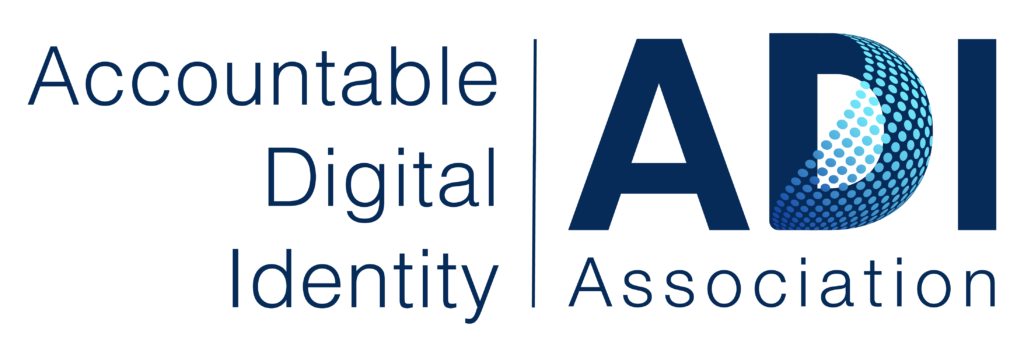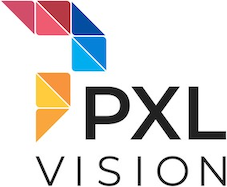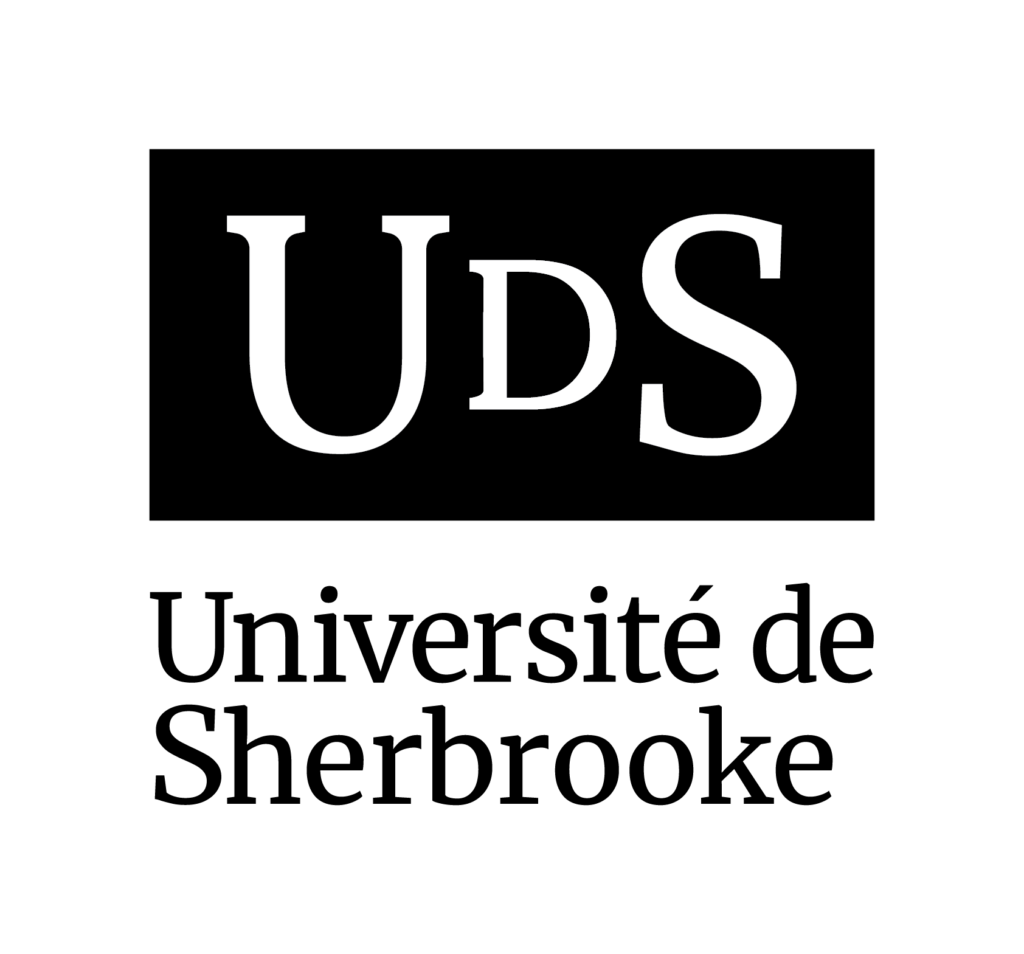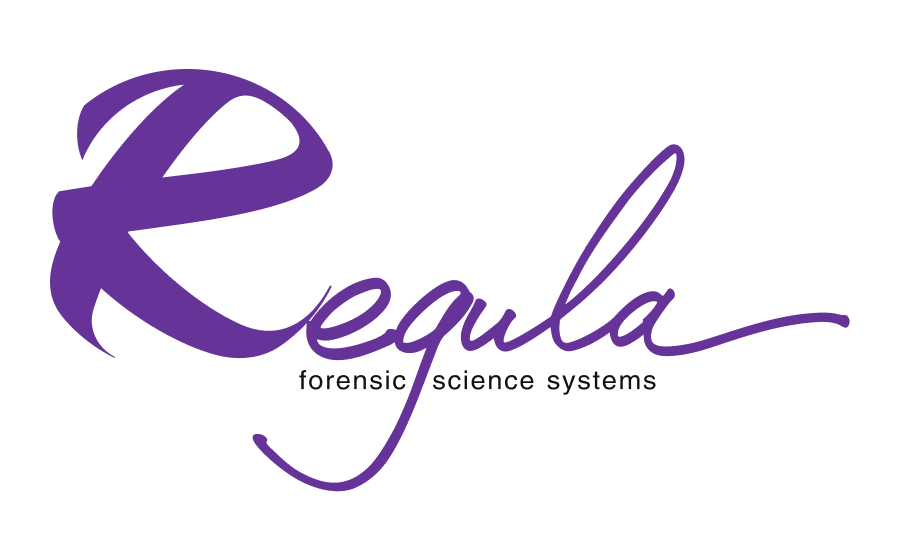1. Mission et vision
La mission et la vision de Fintracker est de réduire le risque dans le marché immobilier canadien en simplifiant la conformité anti blanchiment d’argent pour REALTORS® avec des outils faciles à utiliser, qui leur permettent d’économiser du temps et de l’argent.
2. Pourquoi une identité numérique fiable est-elle critique pour les marchés existants et en émergence?
L’immobilier canadien a été identifié comme un cible pour les criminels et les attaques frauduleuses, exigeant une réponse ferme par tous les participants, y compris les 150 000 agents immobiliers REALTORS® du Canada. De nombreux crimes associés aux biens immobiliers canadiens sont liés à la possibilité de criminalité ou à la corruption à l’étranger. Fintracker améliore l’intégrité de la vérification de l’identité et appuie l’exhaustivité des dossiers de conformité aux normes réglementaires nécessaires pour disposer de contrôles robustes afin de lutter contre ces menaces.
3. Quelle transformation l’identification numérique opérera-t-elle sur l’économie canadienne et l’économie mondiale ? Comment relèverez-vous les défis liés à cette transformation?
Fintracker offre un expérience facile, économique et numérique pour les agents immobiliers REALTORS® sur sa plateforme. Nos services font partie de leur adhésion à la Chambre immobilière et fournissent une méthode intelligente et fiable pour réduire le risque de criminalité dans le secteur immobilier en renforçant l’identification des acheteurs de propriétés; faire la collection des enregistrements clés pour identifier les risques et pour faciliter les rapports potentiels aux régulateurs, au besoin. L’application mobile de Fintracker met leur bureau dans leurs mains pour une véritable première expérience numérique conforme aux normes les plus élevées de l’industrie.
4. Quel rôle est-ce que le Canada doit jouer en tant que leader des identités numériques?
Le dévouement affirmé du Canada envers la sécurité de l’information, la confidentialité et la lutte contre la criminalité financière doit se faire traduire par des normes et des pratiques exécutables pour tous les secteurs et les communautés afin de garantir que ces principes sont appuyés dans l’évolution de la technologie et des futurs réseaux. Fintracker s’engage à jouer son rôle dans cet effort pour les agents immobiliers REALTORS® et le secteur immobilier canadien.
5. Pourquoi joindre le CCIAN?
Les membres de CCIAN comprennent l’élite qui fournit les méthodes sécurisées et de protection de la vie privée du Canada pour identifier les clients et pour protéger leurs informations, incluant les fournisseurs de technologie, les agences gouvernementales et les entreprises du premier plan du secteur privé. La technologie d’identité de Fintracker provient d’un participant actif au CCIAN Conseil d’identification et d’authentification numériques du Canada (aligné sur les directives de CANAFE et approuvé par de nombreux ordres professionnels de juristes). Cette adhésion est une affirmation de notre engagement à être le fournisseur de services de confiance de premier plan pour la communauté d’agents d’immobiliers REALTORS® au Canada.
6. Que devons-nous savoir d’autre?
Fintracker est le leader incontournable à offrir des liens riches et pertinents pour la communauté d’agents immobiliers REALTORS® au Canada et a hâte de s’engager dans les bons partenariats. Nous appuyons plus de 50% des chambres immobilières du Canada, avec plus de 90% des agents immobiliers qui peuvent utiliser nos services dans le cadre de leur adhésion à la Chambre immobilière.









